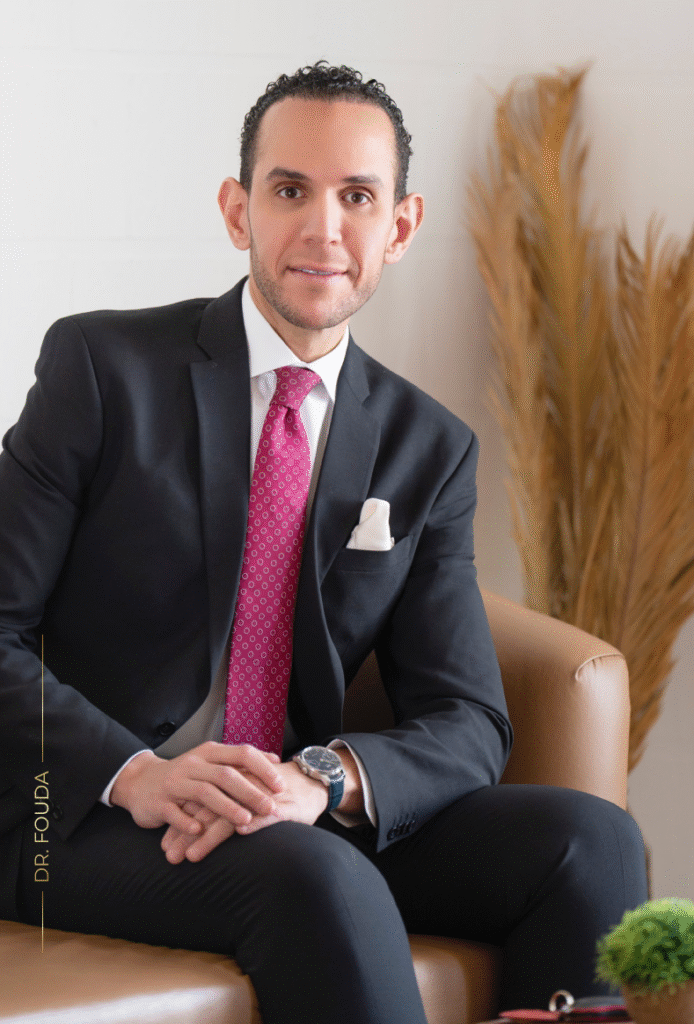Exfoliation removes the outer dull, dry layer of skin to reveal newer, brighter skin. Chemical peels are one of the oldest exfoliation procedures in the world; they were performed in ancient Egypt, Greece, and Rome to help people attain smoother, more beautiful skin.
Today, chemical peels are popular in our Riyadh facility because they are affordable, offer nearly immediate results, and require little to no downtime.
What is a chemical peel?
A chemical peel is a skin-resurfacing treatment that uses a specially formulated chemical solution to remove the outer layers of dull, damaged skin. This controlled exfoliation process stimulates cell turnover, revealing smoother, clearer, and more youthful-looking skin underneath.
Chemical peel in Riyadh is used to treat a variety of concerns, including acne, fine lines, uneven pigmentation, sun damage, and rough skin texture. Depending on your skin type and goals, different peel strengths—such as glycolic or salicylic acid—can be used for optimal results with minimal downtime.
What are the benefits of chemical peels?
By removing the dry, rough outer skin cells, chemical peels provide a variety of benefits, including:
- Unclogging pores
- Refining texture
- Softening fine lines
- Reducing acne breakouts
While exfoliation may be performed mechanically with a procedure like microdermabrasion, chemical peels exfoliate more evenly and provide gentle yet more profound exfoliation. Chemical peels are a better choice when treating acne because mechanical exfoliation can spread the bacteria that cause acne over the skin’s surface.
Types of Chemical Peel in Riyadh
Many different types of chemical peels are used to treat various skin concerns. Two of the most common types are glycolic peels and salicylic peels.
Glycolic Peel
Glycolic acid, a natural part of sugar cane juice, is one of the mildest of the peel formulas and produces light peels for treatment of:
- Fine wrinkles
- Areas of dryness
- Uneven pigmentation
- Mild acne
Glycolic peels weaken the binding properties that hold the dead skin cells together and stimulate the growth of new skin underneath. This allows the outer layer of dead skin cells to be removed gradually.
The skin underneath has a healthier, fresher appearance with more even color and texture. Glycolic peels also stimulate collagen production, which slows down as we age. Collagen is what gives our skin its plump, supple appearance.
Glycolic acid can also be mixed with a facial wash or cream in lesser concentrations as part of a daily skin care regimen to improve the skin’s texture.
Salicylic Peels
Salicylic acid is an organic beta-hydroxy acid (BHA). Salicylic peels reduce oil production and scrub out pores, which makes them very effective in treating acne and reducing breakouts.
Salicylic acid can produce a more intense peeling than glycolic acid but is more naturally accepted by the body than other acids; therefore, it is a better choice for those with sensitive skin and rosacea.
Skin
- Chemical Peel
- Microneedling
- Exosomes treatment
- Skin Tightening & Lifting (Morpheus 8, Ulthera)
- Thread lift
- Body Tite & FaceTite
- Skin laser Treatments
What happens during a chemical peel procedure?
The chemical peel procedure with Dr. Omar Fouda is a, non-invasive treatment performed in a comfortable clinical setting. To begin, your skin will be thoroughly cleansed to remove any oils or impurities, ensuring even application of the chemical solution.
Next, a customized peeling agent—such as glycolic or salicylic acid—is carefully applied to the treatment area using a brush or cotton-tipped applicator. The type and strength of the peel are selected based on your skin type and specific concerns. The solution is left on the skin for a few minutes, during which you may experience a mild tingling or warming sensation.
Once the desired depth of exfoliation is achieved, the peel is either neutralized with a special solution or simply washed off with cool water, depending on the type of peel used. A soothing moisturizer and sunscreen are then applied to protect your newly exposed skin and support the healing process.
The entire procedure typically takes 20 to 30 minutes, and no anesthesia is required. Most patients experience little to no discomfort, making chemical peels a convenient lunchtime treatment with minimal interruption to your daily routine.
What can I expect during recovery after a chemical peel?
With milder glycolic treatments, there is little to no recovery time. Mild peeling may occur for a few days following treatment. Stronger peels may cause more redness, and the recovery time may last several days.
Because they offer a rapid recovery, chemical peel treatments can be repeated every two to four weeks. Some people need multiple treatments to see the desired results. After receiving a chemical peel, a high-quality sunscreen with a minimum SPF of 30 is essential to protect the new, more sensitive skin and maintain the results achieved.
Who is an ideal candidate for a chemical peel?
Chemical peels are suitable for individuals looking to improve skin texture, reduce fine lines, manage acne, fade dark spots, or brighten a dull complexion. They are ideal for people with fair to medium skin tones, though deeper skin tones may still benefit from certain formulations with proper professional guidance. Ideal candidates are in good health, not currently experiencing active infections or severe skin sensitivity, and are willing to follow post-treatment care instructions, including sun protection.
Why choose Dr. Omar Fouda?
Dr. Omar Fouda is a Royal College-certified aesthetic surgeon with over 20 years of experience in advanced skin and facial rejuvenation treatments. Trained in Canada and the U.S., Dr. Fouda’s expertise combines medical precision with an aesthetic eye to ensure safe, effective, and natural-looking outcomes. His patients receive tailored care, medical-grade chemical peels, and guidance from a trusted expert committed to long-term skin health and beauty.



